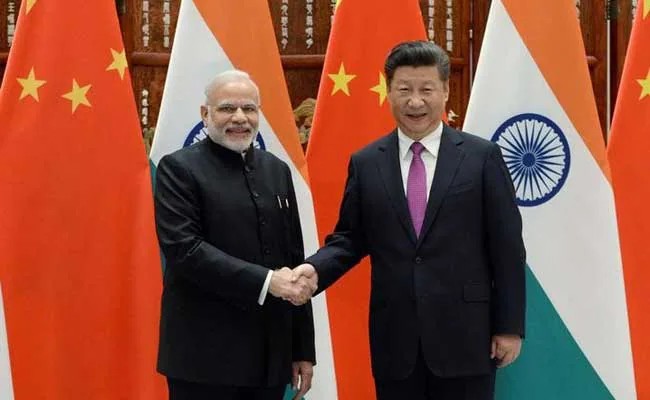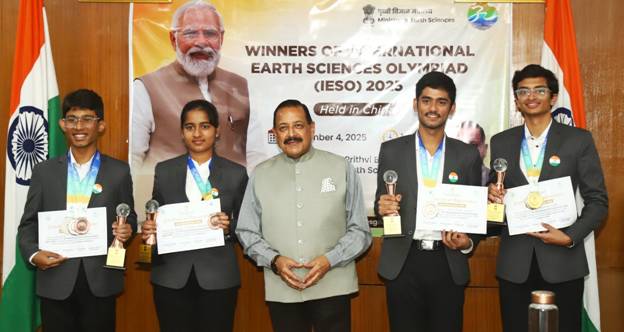 Image Source: NDTV
Image Source: NDTV
In a significant recent development in India-China trade relations, India's Finance Minister Nirmala Sitharaman emphasized ongoing efforts to negotiate enhanced market access for Indian products in China. Speaking to NDTV on Tuesday, September 9, 2025, Sitharaman underscored the need for "true engagement" and meaningful dialogue to break down the existing trade barriers and non-tariff obstacles that continue to limit India's export potential in the Chinese market.
Key Points on India-China Trade Negotiations
-
The Finance Minister confirmed that India remains open to negotiating with China to ease investment restrictions but stressed that China must reciprocate by allowing greater market access for Indian goods.
-
Despite nearly a decade of discussions, India has not achieved significant market access in China, and current talks aim to bridge this gap through sincere engagement rather than perfunctory exchanges.
-
India's exports to China often must route through third countries due to market limitations, and Sitharaman pointed out the inefficiency, questioning why Indian products cannot reach China directly.
-
India-China trade is heavily imbalanced, with India facing a substantial trade deficit of around $99 billion in 2024, largely favoring China.
-
The minister indicated that while India is open to relaxing some investment curbs, this will happen only if balanced concessions occur, ensuring fair opportunities for Indian exporters.
-
Alongside trade talks with China, India remains actively engaged in negotiations with other major trade partners, including the United States and the European Union, responding to shifting global trade dynamics such as the recent US tariff hikes on Indian goods.
Detailed Insights Into the India-China Trade Context
The backdrop to these renewed talks is complex. After years of diplomatic strain, India and China are cautiously working towards resetting economic ties. The trade volume between the two countries reached approximately $138 billion in 2024, with China as India's largest trading partner. However, the stark $99 billion deficit reflects a one-sided access problem, motivating India to demand better market entry for its products.
India's Finance Minister's comments follow recent high-level diplomatic activities, including border trade route reopenings and agreements to resume air travel and visa exchanges, all signaling a thaw in economic relations after several years of tension.
Sitharaman’s remarks highlighted the necessity of addressing not just tariffs but also non-tariff barriers, which include regulatory and procedural hurdles that Indian exporters face in China. Eliminating these barriers is seen as essential to creating a level playing field and fostering a long-term balanced trade partnership.
Strategic Importance and Sectoral Impact
India’s push to improve market access in China is also tied to India's broader "Atmanirbhar Bharat" (self-reliant India) initiative, which focuses on strengthening domestic manufacturing and export capabilities while asserting economic sovereignty in global trade.
Trade sectors likely to be affected include pharmaceuticals, electronic components, agriculture, and MSMEs (micro, small, and medium enterprises). Cooperation with China could help integrate Indian MSMEs into regional supply chains, benefiting from China’s manufacturing infrastructure and technology.
However, there are concerns within India about potential risks of opening the market too widely, such as Chinese products flooding Indian markets or China leveraging its capacity to undercut Indian exports in third countries.
Global Trade Environment and Other Partnerships
India's engagement with China takes place amid significant global trade challenges. The United States recently imposed a 50% tariff on certain Indian products, affecting key export sectors. Concurrently, India is actively negotiating with the European Union to finalize a trade deal by the end of the year, aiming to offset these external pressures and diversify its trade relationships.
The ongoing negotiations reflect India's recalibrated approach to international partnerships—seeking balanced trade agreements that protect domestic interests while expanding export horizons. The government has also committed to supporting sectors impacted by trade tensions through relief packages and reforms.
Conclusion
Finance Minister Nirmala Sitharaman’s statements mark a critical juncture in India-China economic relations, highlighting a pragmatic but cautious approach towards building a mutually beneficial trade partnership. Meaningful, sincere engagement and concrete steps towards resolving market access and non-tariff barriers remain central themes of the dialogue.
As these talks progress, their outcomes will have far-reaching implications for India’s export industries, regional supply chain integrations, and overall economic strategy in a shifting global trade environment.
Source: NDTV, Reuters, The Financial Express, CNBC-TV18.
Advertisement
Advertisement



